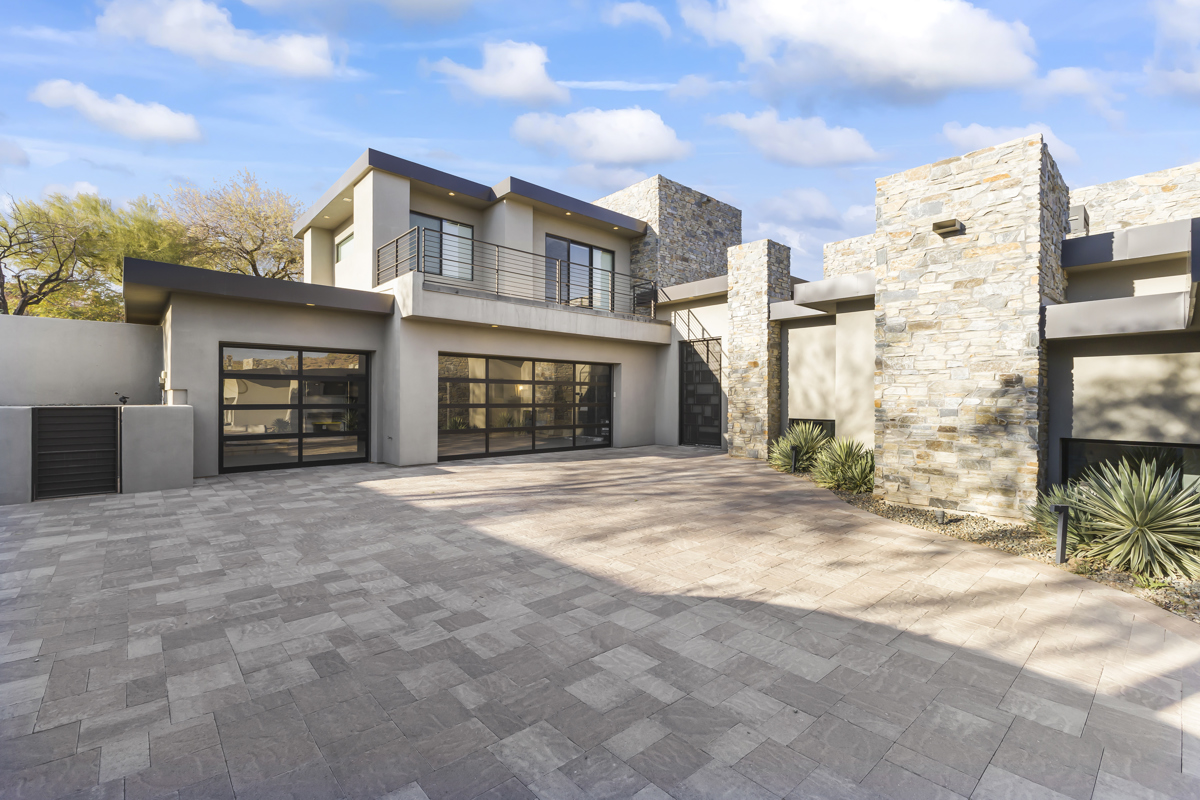New Builds Drop And Rentals Surge In Greater Phoenix Market
Greater Phoenix Housing Update
Greater Phoenix saw some major shifts in its housing market this June. Traditional homes and new builds are cooling, prices are sliding, and rentals are absolutely surging. Today on our Greater Phoenix real estate blog, we will break down why it matters, what’s ahead, and how you can make the most of it.
Builders Hit The Brakes & Resales Slide In
Closings didn't move much overall year over year, but new construction got hammered. Builders are stalling. Buyers now have leverage.
-
Total closings: 6,621 (2% lower YoY, 6.5% lower MoM)
-
New builds: down 13% YoY, down 8.2% MoM
-
Resale homes: up 3.8% YoY, slightly lower than May
Resale prices are now falling, 1.1% down from last June and 2.3% lower than May. New build prices are holding steady, but only because builders are tossing in big-time incentives.
They're not slashing list prices. They’re buying down rates, offering upgrades, or covering closing costs. But with new build sales slipping hard, developers are expected to hit pause on land grabs and future phases.
If you’re a buyer, that means wiggle room.
Which Areas Are Sinking & Which Are Still Holding
Home values across Greater Phoenix are diverging. Luxury pockets are surviving. Entry-level markets, not so much.
-
Median sale price overall: $480K (1.1% higher YoY, 1% lower MoM)
-
New builds: $528K (4.9% higher YoY, 1.6% higher MoM)
-
Resale homes: trending down
Scottsdale single-family homes are up 4.3%. Chandler’s flat. Avondale is down 5.3%.
So, where you’re shopping in The Valley matters. Mid-range and affordable zones are softening fastest.
Buyer Activity Surges Despite Mortgage Woes
Purchase mortgage apps are growing. Fast. For 22 weeks straight now.
And not just creeping. Double-digit increases for the last 9 weeks.
-
Purchase apps trending up for months
-
Touring activity up 32% from January
-
Google searches for homes hit year-highs
This isn’t normal during summer. Especially not with rates still near 6.7%. But here in Greater Phoenix, inventory is dipping a bit, and that’s stabilizing things.
Listings recently fell from 26.9K to 25.2K. That’s a noticeable shift.

Rates Pop Back Up & The Fed Steps Back
The Fed was hinting at a rate cut. Then the June jobs report dropped. It showed strength, mostly from government hiring, which threw a wrench in that plan.
So, no July rate cut. And mortgage rates climbed again.
-
Current 30-year fixed: 6.79%
-
Highest since late June
-
Still lower than spring highs
If you’re looking to dodge current rates, assumable mortgages are a thing. A growing one. Especially in Greater Phoenix.
Rentals Are Flooding The Market
This one’s big. Rentals in Greater Phoenix are popping up left and right.
-
Active rentals now: 5,915
-
That’s up 19% YoY
-
Apartments: up 30%
-
Single-family rentals: up 14%
The city of Phoenix alone saw rental listings jump 34%. Why? Many homes that wouldn’t sell got listed for rent instead.
This is great news for tenants. Not so great for landlords.
If you're a landlord holding an apartment, expect longer vacancy times or pressure to cut rent.
The Market Is Cooling Fast
The Cromford Market Index puts supply about 6% above normal. But demand is still down, about 24% below where it should be.
-
Contract ratio: 29.7 (cold zone)
-
Most Greater Phoenix cities are neutral or buyer-leaning
-
Only Fountain Hills and Paradise Valley still favor sellers
Just a couple zip codes, Chandler (85226), Tolleson (85353), and Glendale (85310), still show warmth.
That means competition is thinning. But buyers still aren’t rushing in.
Here’s What To Know Right Now
The Arizona real estate market is in slowdown mode. New builds are dragging. Resales are dipping. Rentals are flooding the market.
If you're a buyer: You’ve got negotiating power, especially outside the luxury market. Incentives, discounts, and price drops are all on the table.
If you're a seller: It’s a trickier landscape. Unless you're in a high-end zip, price sensitivity matters.
If you're renting or investing: More inventory means tenants can shop around. For investors, that may mean adjusting rents or offering move-in perks.


















